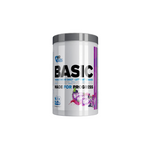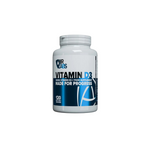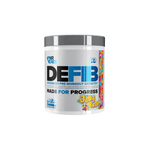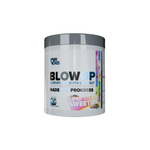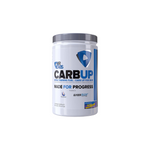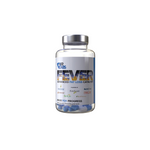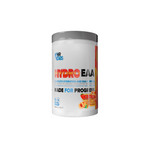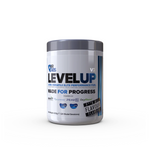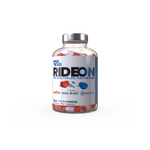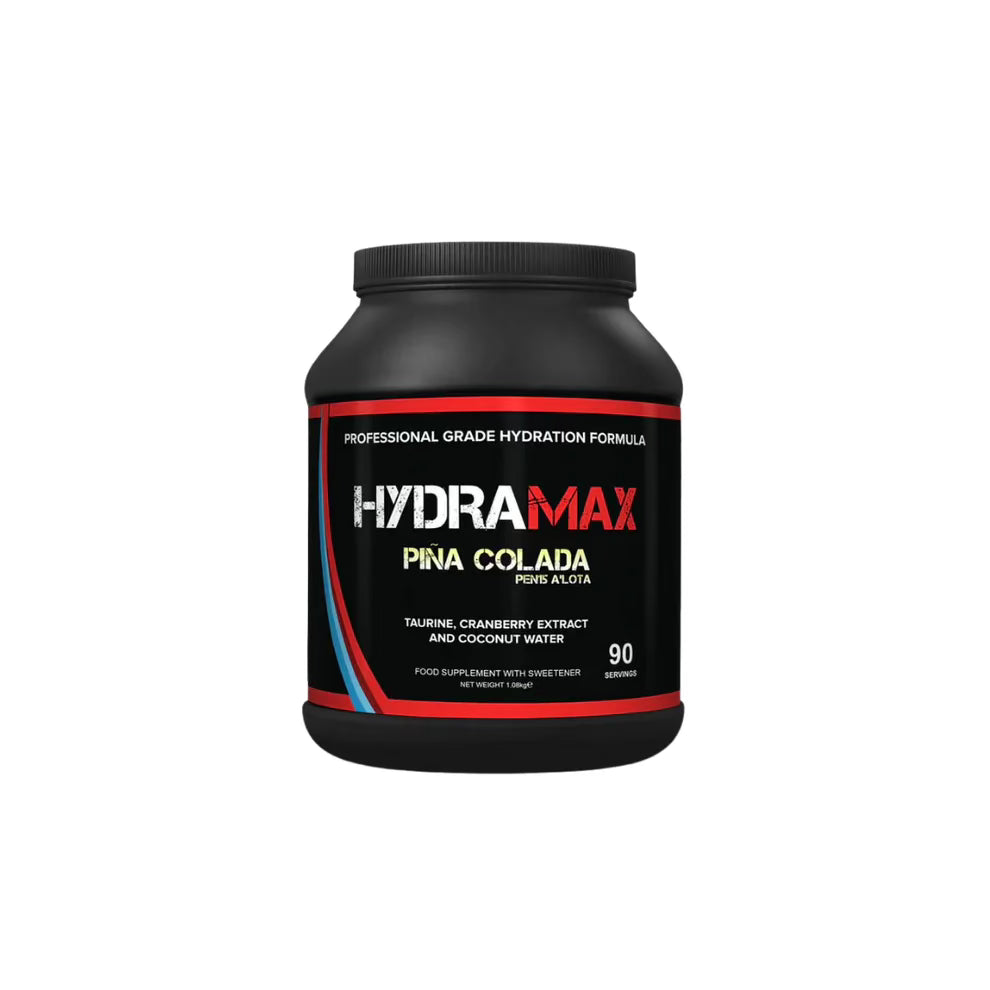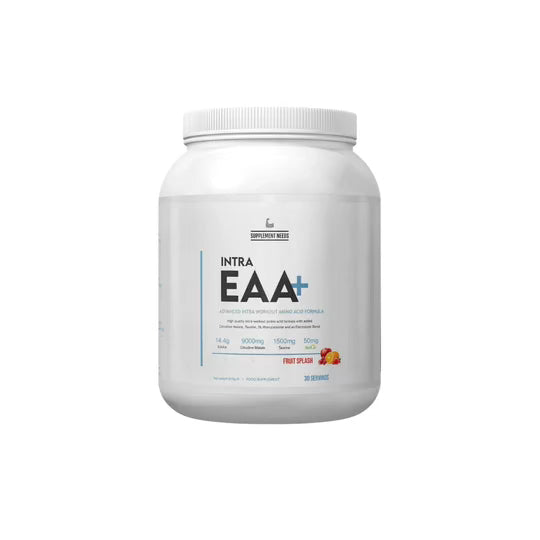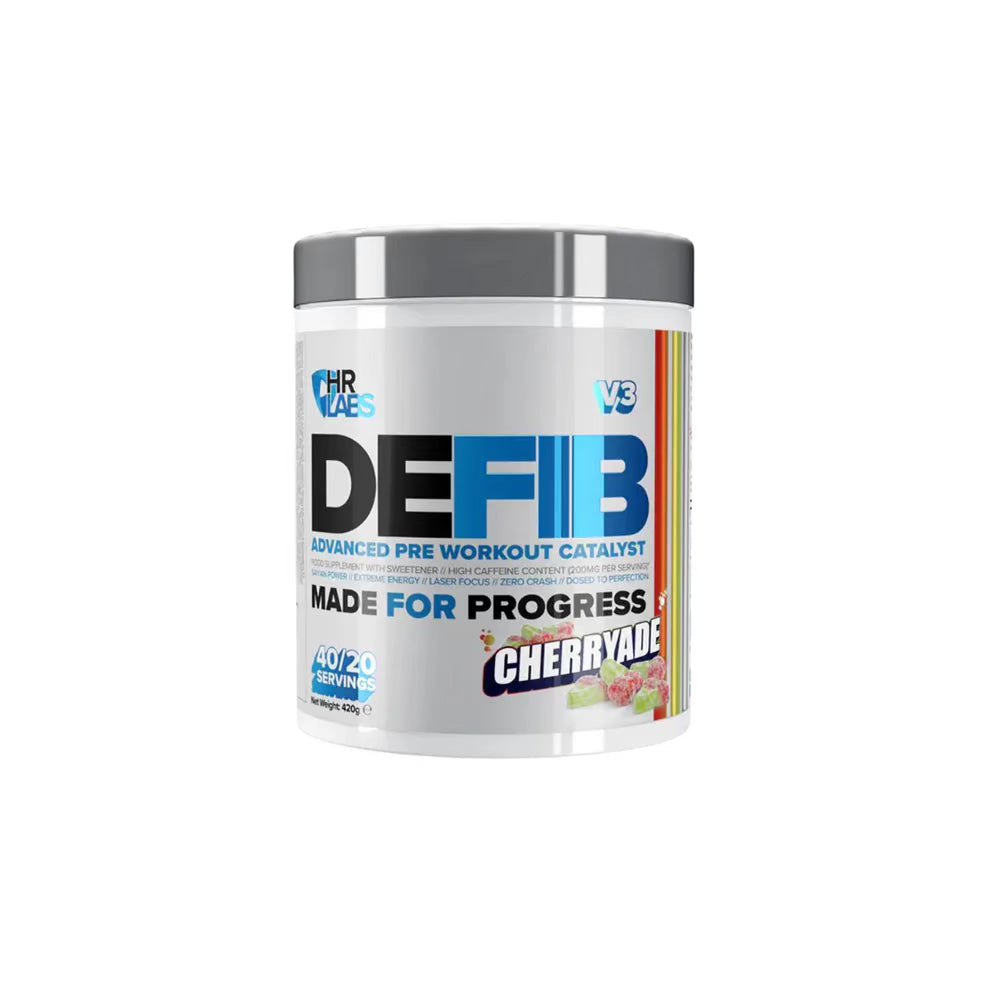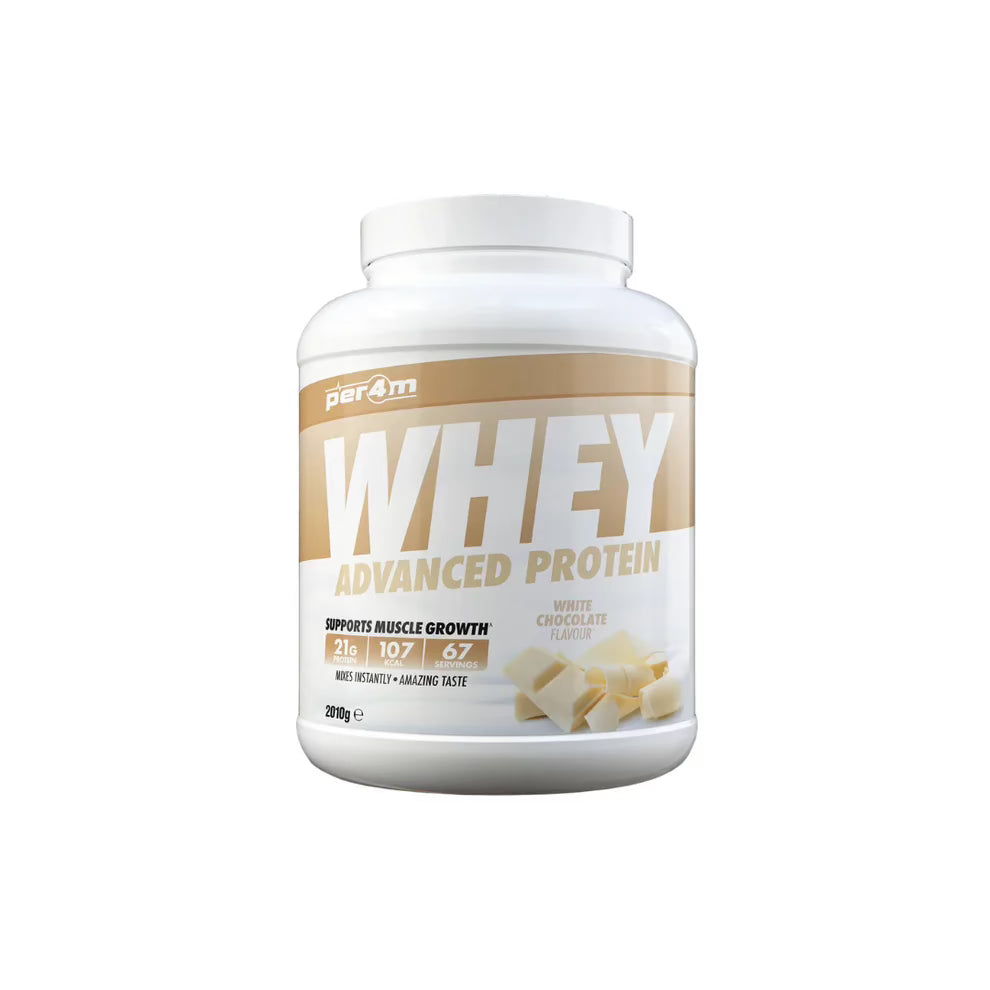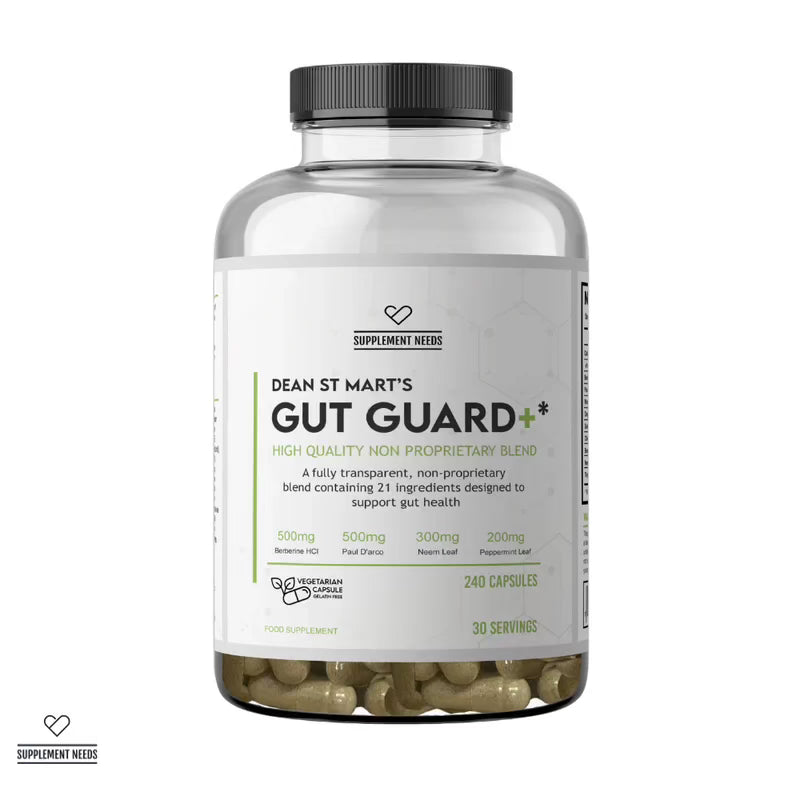Creatine – The pros and cons
Creatine is amongst the most widely used supplements by sportsman, and particularly by weightlifters. It has been widely accepted as one of the most effective supplements out there, with its ability to increase muscle mass, improve performance and gain strength making it the best-selling supplement in the body-building sphere.
However, many have questions whether it is safe. Creatine is considered to be generally safe, with research spanning 25 years, though like anything it may not be the best thing for everyone.
Pros
Studies have shown that creatine can help to protect the brain from neurogenerative disease such as Parkinson or Alzheimer’s. This is largely because creatine enhances energy, and energy loss from brain dysfunction is a big factor is neurogenerative diseases.
Some studies have shown that creatine can help to maintain health blood sugar levels, by increasing the protein that transport glucose in and out of cells.
Creatine is important in ensuring the survival of nerve cells when they are put under stress by their environment. Lack of sleep and stress can deplete these creatine stores in the brain which is why a supplement can be beneficial to restore these. Furthermore, because creatine improves the levels of energy in your brain, this can improve memory processing and brain cell regeneration.
Creatine has been shown to boost the body’s ability to build muscle, providing significant additional gains when you train. Studies showed a reduction in a protein called myostatin, which hinders the growth of muscles.
Some studies showed that creatine improved the weigh-lifting abilities in young men, with this improvement being explained by creatines ability to increase the production of ATP energy. This is the main source of energy for high-intensity workouts and greater ATP energy corresponds to increased strength and power. Over 70% of studies have shown a strong positive correlation between creatine supplementation and better performance in high-intensity exercise.
Creatine has been shown to help resist the effects of exercised-induced fatigue, sleep deprivation and heat-related fatigue.
A study has suggested that creatine can be helpful is repairing muscle damaged by athletic activity. It has been suggested this is due to creatines ability to increase a specific glucose transport protein that helps muscle tissues to efficiently create energy and prevent fatigue.
Some studies have suggested that creatine can actually increase mental performance, namely improved working memory, less mental fatigue and increased intelligence.
Cons
During the loading phase of taking creatine (early part of the supplementation regime) your body increases in both muscle mass and water absorption, which can sometimes lead to bloating. However, this bloating is short-term and resolves itself relatively quickly.
Some people have experienced an upset stomach and diarrhoea due to creatine. This is because creatine can sometimes stay in your intestine if you are unable to fully digest it. It continues to absorb water however, which can lead to diarrhoea.
If you have a kidney disease, creatine has been known to make this worse. This is why you should always consult a doctor before taking any supplement should you have a pre existing health condition.
Creatines tendency to make the body retain more water, as well as to increase muscle mass, can lead to weight gain amongst users. Whilst for most this shouldn’t be a problem, it is worth remembering for athletes competing in sports that have weight requirements e.g., martial arts.
If you take creatine and you are going to take any other drugs, it is first worth consulting a doctor. This is because interactions with certain drugs such as ibuprofen can increase the risk of damage to your kidneys.
Creatine often comes mixed with other ingredients which may not be good for you. This is why, when looking for creatine, you should always buy 100% creatine monohydrate i.e. pure creatine.
Whilst this isn’t a negative of creatine in of itself, it is worth considering that health organisations generally do not recommend taking creatine before the age of 18. Despite this, teenagers can still very easily buy creatine, which may raise some concerns for parents.
Conclusion
In conclusion, creatine can have many positive benefits for both your physical and mental health. However, like anything, creatine isn’t for everybody and if you are under the age of 18, taking any kind of drug or have an underlying health condition then you should consult a doctor before taking this supplement.
To explore all our supplements, check out our store.

